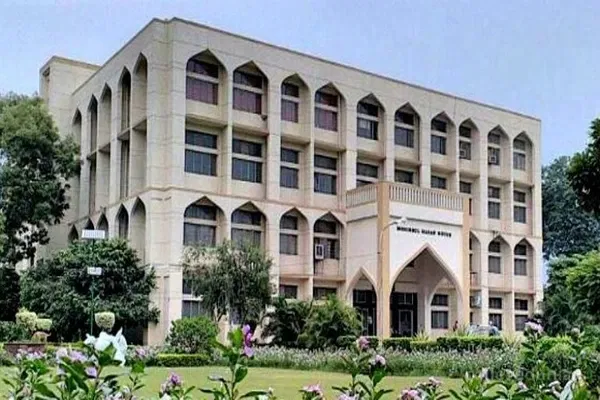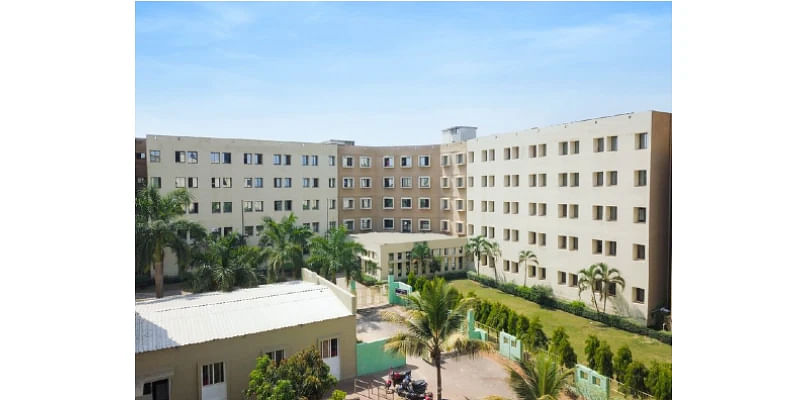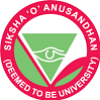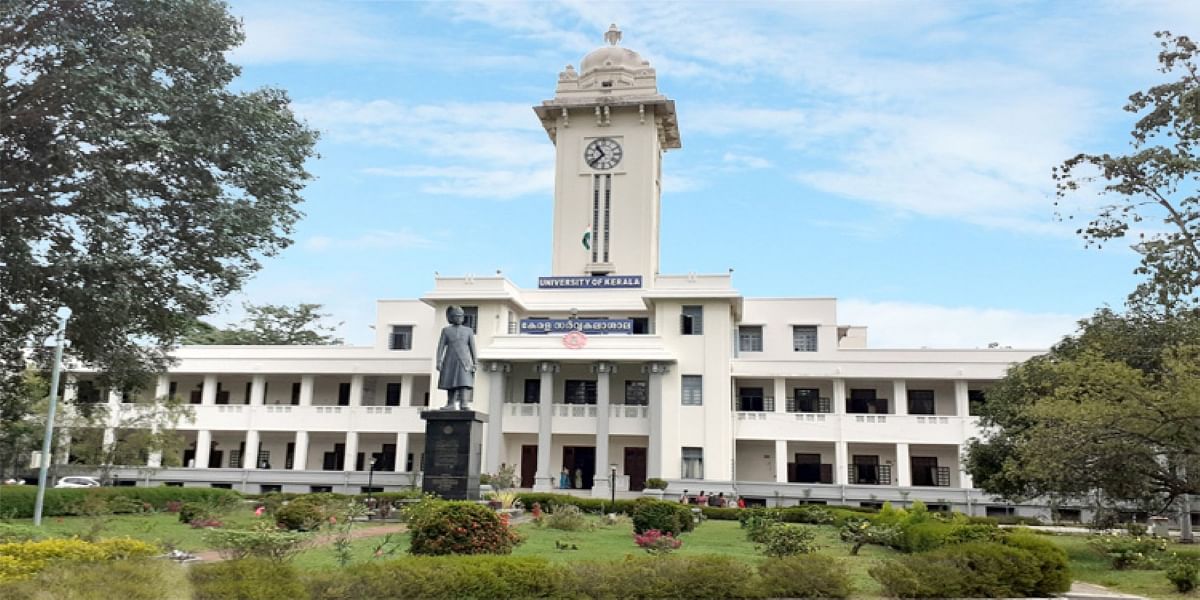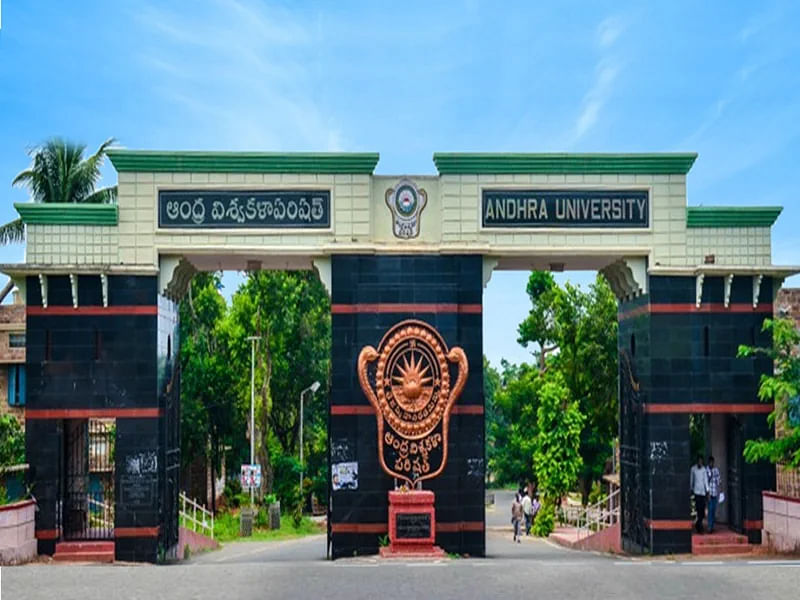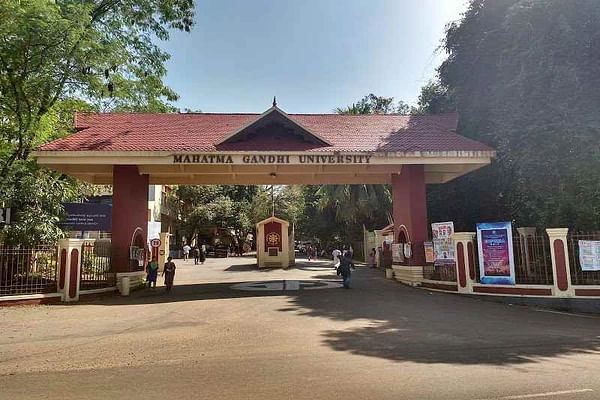B.Sc Biotechnology Subjects and Syllabus

BSc Biotechnology subjects are designed to provide an in-depth understanding of cellular & biomolecular processes, activities, and information. The syllabus of Biotechnology includes the study of Biology, Chemistry, and Mathematics along with computer applications.
The BSc Biotechnology syllabus is well-structured and provides hands-on training and crucial knowledge through labwork, case studies, industrial visits, etc. Hence, the B.Sc Biotechnology job scope is extensive in the both private and public sectors based on pharmaceuticals, research & development, and healthcare services.
Table of Contents
BSc Biotechnology Subjects
BSc Biotechnology subjects impart comprehensive understanding in subject areas such as biological chemistry, microbiology, molecular biology, genetics, analytical techniques, bioinformatics, computer programming, etc. The core & elective subjects under the BSc Biotechnology syllabus are listed below:
B.Sc Biotechnology Core Subjects
The subjects in BSc Biotechnology are divided into core and elective subjects. A list of core subjects covered in the B.Sc Biotech syllabus is as follows:
- Introductory Biological Chemistry
- Microbiology and Macromolecule
- Biodiversity and Taxonomy
- Animal and Plant Physiology
- Recombinant DNA Technology
- Introductory Biological Chemistry
- DNA Typing, Proteomics, and Beyond
- Biological Chemistry
- Biodiversity and Taxonomy
- Biostatistics
B.Sc Biotechnology Elective Subjects
Elective subjects are optional subjects that make the course more flexible and diversified. The list of elective subjects for the B.Sc Biotechnology curriculum is as follows:
- Nanotechnology
- Scientific Writing
- Enzyme Technology
- Biotechnology for Forensics
- Biofertilizer Technology
- Ecology
- Biostatistics and Bioinformatics
B.Sc Biotechnology Lab Subjects
The list of lab subjects for the B.Sc Biotechnology curriculum is as follows:
- Plant Tissue Culture Lab
- Genomic DNA Isolation From Plants
- Paper Chromatography
- Sterilization Techniques For Glassware
- Estimation Of Purity Of DNA
BSc Biotechnology Subjects in Detail
B.Sc Biotechnology syllabus includes a wide range of subjects encompassing various areas of biotechnology and its application. A detailed view of BSc Biotechnology subjects is given below:
| BSc Biotechnology subjects | Topics Covered |
| Bio-molecules & Analytical Techniques | Carbohydrates, Protein & Lipids, Nucleic acid, Vitamins & Bioenergetics, Centrifugation, Chromatography and Electrophoresis, Spectroscopy, Microscopy and Laser Techniques |
| Microbiology, Cell & Molecular Biology | Microbial Taxonomy and Metabolism, Cell Structure and Functions, Central Dogma of Molecular Biology, DNA Replication, Repair and Regulation of Gene Expression |
| Immunology and rDNA technology | Vaccinology and Clinical Immunology, Bioinformatics, Cloning Strategies and Application of rDNA Technology, Tools and Techniques of rDNA Technology |
| Plant and Animal Biotechnology | Transgenesis and Molecular markers, Bioethics, Biosafety, Transgenic animals & Gene Therapy, Plant tissue culture techniques & secondary metabolites production |
| Biochemistry & Maths | Introduction to Biostatistics, Measures of central tendency, Probability, Binomial Theorem, T-Test & Chi test with biological examples, Sampling & its Techniques |
| Environmental & Industrial Biotechnology | Pollution Types, Biodegradation and Bioremediation, Biofuels, Basic principles of Microbial Technology, Commercial Production of Microbial products |
Semester Wise BSc Biotechnology Syllabus
The BSc Biotechnology syllabus aims to provide theoretical & practical knowledge regarding Medical & Plant Biotechnology, Genetics, Cell Biology, Microbiology, and Biodiversity. The following is a tabulated breakdown of the semester-wise B.Sc Biotechnology course syllabus:
B.Sc Biotechnology 1st-year Syllabus
The Biotechnology syllabus for B.Sc 1st year mainly includes the foundational areas of the coursework. The table below represents the B.Sc Biotechnology subjects in 1st year:
| Semester I | Semester II |
| English | English |
| Second Language | Second Language |
| Macromolecular Structure & Analysis | Bioinstrumentation |
| Biochemistry | Molecular Biology |
| Cell Structure & Dynamics | Principles of Transmission Genetics |
| Biomathematics | Organic Mechanisms in Biology |
Practical Topics in 1st year BSc Biotechnology Syllabus
The B.Sc Biotechnology 1st year syllabus is highly inclined towards practical lab work. A list of practical topics in the 1st year of the BSc Biotechnology syllabus is listed below:
- Execute the glassware sterilization technique for the biotechnology laboratory
- Study various types of bird feathers and histology of invertebrate organs
- Study the genera of fungi & algae
- Isolation of microorganisms using samples of soil, air, and water
B.Sc Biotechnology 2nd-Year Syllabus
The Biotechnology subjects in B.Sc second year are given below:
| Semester III | Semester IV |
| English | English |
| Second Language | Second Language |
| Microbial Genetics | Recombinant DNA Technology |
| Principles of Immunology | Biodiversity & Taxonomy |
| Plant Biotechnology | Animal Biotechnology |
| Electives | Electives |
Practical Topics in 2nd year BSc Biotechnology Syllabus
The practical topics in the B.Sc Biotechnology 2nd year syllabus are listed below:
- Preparation of nutrient agar medium for bacteria
- Analysis of permanent Gymnosperms material slides and their identification
- Microbial counting by Haemocytometer
- Preparation of PDA medium for fungi
BSc Biotechnology 3rd Year Syllabus
The 3rd-year B.Sc Biotechnology syllabus is given below:
| Semester V | Semester VI |
| English | English |
| Second Language | Second Language |
| Environmental Biotechnology | Medical Biotechnology |
| Plant, Environment & Industrial Biotechnology | Electives |
| Electives | Projects |
Practical Topics in 3rd year BSc Biotechnology syllabus
The practical topics in the 3rd year of the BSc Biotechnology syllabus are listed below:
- Detection of coliforms for determination of the purity of potable water
- Isolation of industrially important microorganisms from soil
- Determination of dissolved oxygen concentration of water sample
- Estimation of citric acid by titrimetry
B.Sc Biotechnology Course Structure
The coursework under B.Sc Biotechnology syllabus consists of a systematic and multidisciplinary curriculum involving theoretical and practical. Inductive & deductive methods, discovery, scientific method skills, and technical skills are crucial components of the coursework. The general course structure is given below:
- VI semesters
- Practical
- Project Submission
- Lab experiment
B.Sc Biotechnology Teaching Methodology and Techniques
B.Sc Biotechnology syllabus includes traditional lecture-based teaching, forensic science labs, group projects, and other action-based learning techniques. The hypothesis-driven laboratory methodology assists students in honing their research abilities. Some techniques are given below:
- Tutorial Problem Solving exercises
- Industrial/research institute Internship
- Evaluation Procedures
- Research and Development
B.Sc Biotechnology Projects
Most of the projects in the BSc Biotechnology syllabus focus on culturing organisms such as bacterial cells, yeast, and mammalian cells. These projects help to develop the proper skills and industry-relevant expertise. Some of the popular projects in the biotechnology syllabus are given below:
- Extraction from microbes any functional components
- Extraction of chemicals from inedible peels of fruits/vegetables which can be used as food additives etc
- Bioinformatics any simulation, modeling of proteins, or any DNA sequencing
- Biodiesel from wastes
- Study of the effect of Biopesticides/ biofertilizers
B.Sc Biotechnology Reference Books
Students can use these books under the syllabus of biotechnology to widen their knowledge and understanding of the coursework. The following is a list of the most recommended books under the BSc Biotechnology syllabus:
|
Books |
Author |
| Biotechnology | B. D Singh |
| Lehninger Principles of Biochemistry | David L. Nelson |
| Molecular Biology of the Gene | J D Watson |
| Principles of Gene Manipulation and Genomics | Sandy B. Primrose, Richard M. Twyman |
| Gene Cloning and DNA Analysis | T. A. Brown |
| A Problem Approach | Pranav Kumar & Usha Mina |
Top BSc Biotechnology Colleges
Top Science Entrance Exams
BSc Biotechnology Fee Structure
FAQs on BSc Biotechnology Syllabus and Subjects
Q: What is the 1st year syllabus for BSc Biotechnology?
Q: What are the BSc Biotechnology elective subjects?
Q: What are the essential books for BSc Biotechnology?
Q: What are the BSc Biotechnology projects?
Q: What are the BSc Biotechnology Lab subjects?
Q: How many semesters are there in BSc Biotechnology?
Q: Does BSc biotechnology have maths?
